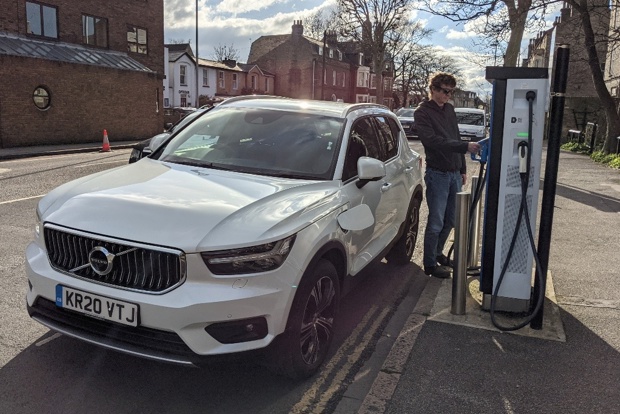Charging up: Government promises 100k more local EV chargepoints

The government has made an ambitious pledge to deliver over 100,000 more local EV chargepoints in England to help motorists without a driveway.
Future of Roads minister Lilian Greenwood says the government will work with industry to deliver the 100k extra chargers "in the coming years".
They will be on top of the more than 80,000 public chargepoints already available in the UK.
Described as being "ideal for charging overnight for drivers without access to off-street parking," the new chargers probably won’t be the most powerful DC rapid chargers, which won’t be necessary for those charging overnight.
They will therefore be cheaper and easier to install at scale, hopefully helping the government meet its target.
The money will come from the £381 million Local Electric Vehicle Infrastructure (LEVI) fund.
"This government is powering up the EV revolution by rolling out a chargepoint every 29 minutes," saysd Greenwood.
"Our support to roll out over 100,000 local chargepoints in England shows we’re committed to making even more progress."
To coincide with the announcement, charging company Believ announced £300 million in private investment to install a hefty 30,000 new chargepoints all over the UK.
"Collaboratively, we recognise the scale of investment required, and the urgency of the need. Confidence in EVs will continue to grow as drivers see more infrastructure going into the ground," says Believ CEO Guy Bartlett.
Ministers used the announcement to claim that running an EV can cost as little as 2p per mile, with most new EVs having a range of nearly 300 miles – "enough to get from London to Newcastle on one charge."
The Department for Transport added that two in five used EVs now cost under £20,000, while 29 new EVs have a list price under £30,000.

